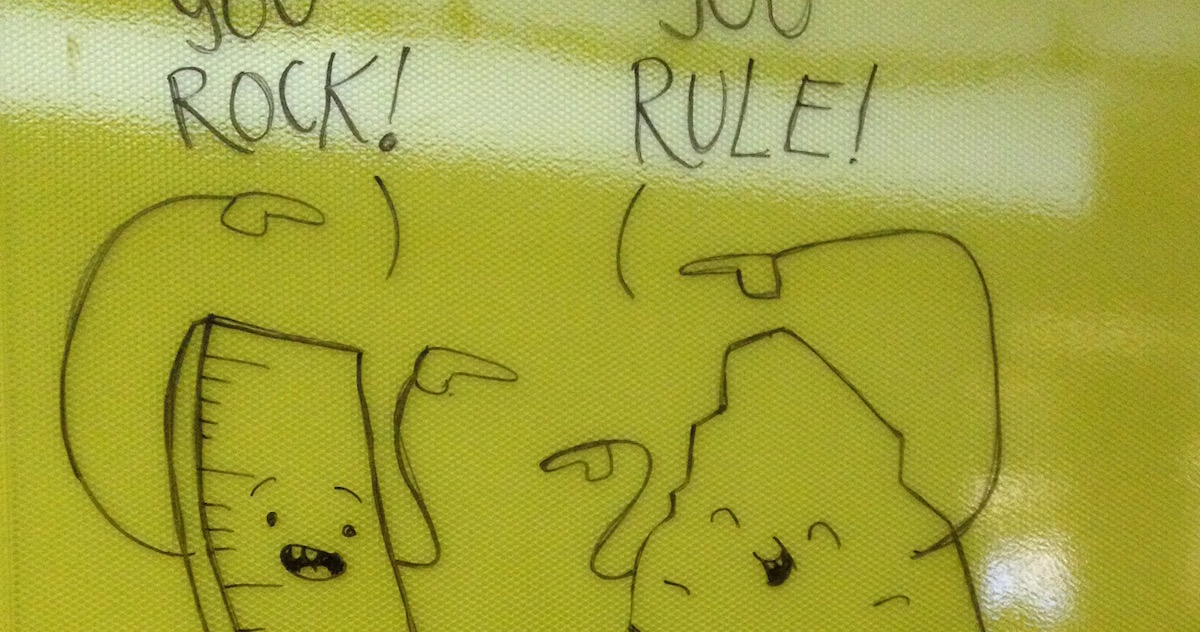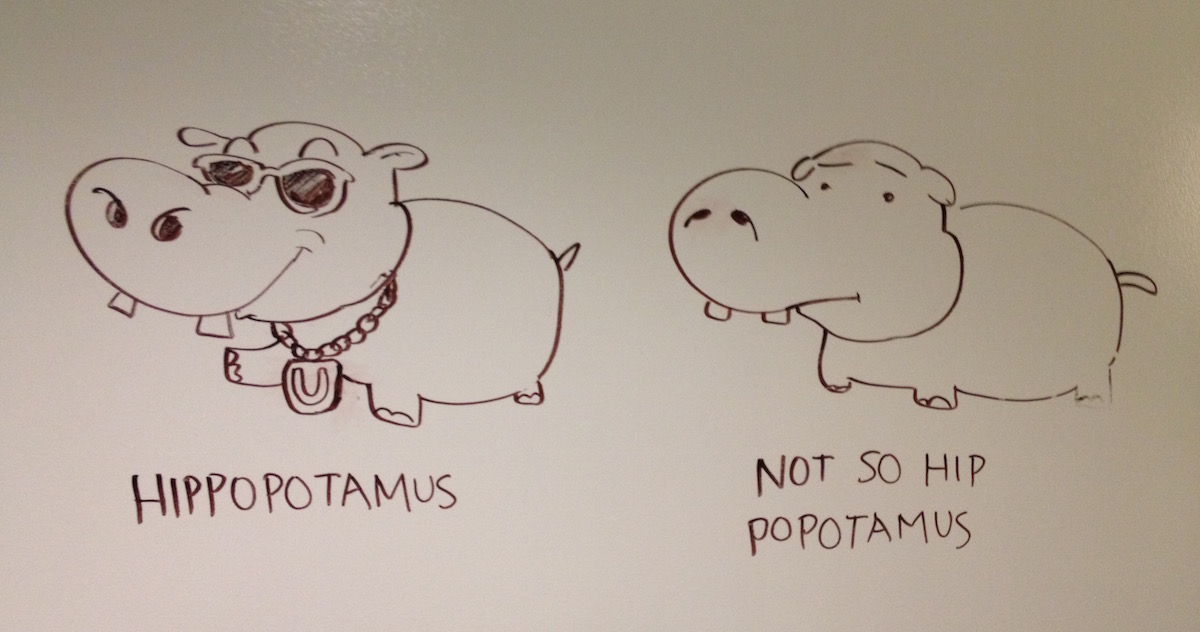Category: Culture
Jul 25
Words that kill innovation
When I came to the Silicon Valley in 2001, I was this over-confident PhD from Austria, having worked in Germany, and just not having an all too positive view on the knowledge of my US colleagues. I was dismissive, negative, and just not receptive of input.Honestly, what can they teach me?
Until one colleague just told me “Mario, you don’t belong here.” Her sentence stung and as painful as it was, I am eternally grateful that she was so candid. Those words pushed me. I started to think of my role and my goals, and what my contribution to life and society is. I realized that much of how I thought about things had to do with language. And I am not talking about language in the sense of mother tongue or secondary language, but in the type of words that I chose to communicate with others.
This was nothing new to me, as I had learned about dialectics and speaking from Arthur Schopenhauer’s pamphlet on winning arguments to Toastmasters with crafting and practicing speeches for every occasion. Language has a surprisingly huge influence on encouraging innovation and fostering creativity. Often one word can change everything and make or break your innovation efforts.
‘Gate keeper’ versus ‘Idea Scout’
 Think of an innovation process that a Brazilian company had established. To promote an idea from one innovation stage to the next, experts were assigned as gate keepers to validate the idea and give OK. Now just listen to the word “gate keeper.” How would you describe the role? I imagine a bouncer whose task is to keep ideas out. Just this innocuous word gate keeper lets a person in this role create an attitude against the idea and the person behind.
Think of an innovation process that a Brazilian company had established. To promote an idea from one innovation stage to the next, experts were assigned as gate keepers to validate the idea and give OK. Now just listen to the word “gate keeper.” How would you describe the role? I imagine a bouncer whose task is to keep ideas out. Just this innocuous word gate keeper lets a person in this role create an attitude against the idea and the person behind.
What is a better word? How about innovation scout? This little change brings up other mental images. Images of a boy or girl scout, and they have to read the environment to survive and find their routes and paths through unknown territory. Instead of suggesting a passive, and rather reactive role as a gate keeper, your role as an idea scout turns into an active and even proactive role to find good ideas. That goes beyond just waiting at the gate, but roaming the wild to identify and encourage them.
‘Yes, but…’ versus ‘Yes, and…’
One of the rules in improvisation training that comedians and actors learn is to build on the idea of the others. In improv classes one participant comes with an idea or says something and the next person has to continue by building on that former idea. This is known as the Yes, And-rule. The Yes represents an acceptance of the premise, while the And is expected to add new information to the setup. This basic rule allows to extend the story and add life to it. A “Yes, but” would be like questioning the premise without adding more information or offering a better direction and end the show at this moment. Not fun for the audience.
In corporations the initial reaction to an idea is either a flat out “No, that cannot work!” or “Yes, but…” followed by an explanation why it cannot work. Such as “Yes, but the works council wouldn’t approve” or “Yes, but we tried that before and it didn’t work.” And this stops an idea right in the track, because it’s much tougher to work against an argument started with “Yes, but” than to explore options of an idea encouraged to a “Yes, and.”
The “Yes, and” also creates an atmosphere of “We are together in this boat” turning a member’s initial idea to an invitation to contribute more ideas from everyone to the elaborated idea of the team. The “Yes, but” on the contrary pits the members against each other.
That’s why in creative phases participants are asked to defer judgments to a later stage. The initial stage is one of diversion, where everything goes and the aim is to create many ideas. Then you elaborate and build on these ideas. In the third stage conversion follows, where bad ideas are sorted out and the focus shifts to the more realistic ones.
How do you identify bad words?
Here are some rules that allow you to identify words that have a tendency to kill ideas:
- Are the words used projecting a negative attitude or image (gate keeper, stupid, can’t work)?
- Are the words adding more information that enrich an idea or make it better?
- Are the words indicating judgment (stupid idea, ridiculous)?
- Are they overly focused on the problems they’d raise (that would require translation into 28 languages)?
How can I form a habit avoiding bad words?
 In my creativity and innovation workshops I used a simple fun prop: the ugliest plush toy that I could find. Whenever a participant uses a bad word, he or she has to hold on to the toy until another participant has a bad-word-slip. As it turned out, people actually loved the ugly plush toy and were sad when they had to hand it to the next person.
In my creativity and innovation workshops I used a simple fun prop: the ugliest plush toy that I could find. Whenever a participant uses a bad word, he or she has to hold on to the toy until another participant has a bad-word-slip. As it turned out, people actually loved the ugly plush toy and were sad when they had to hand it to the next person.
Whatever tool you use, makes sure it’s fun. And practice analyzing your choice of words and catch yourself and others when they do get negative.
At the end of the day you want to remember the things that you have tried, not the ones that you have prevented.




Recent Comments